Managing multiple debts can feel overwhelming. Fortunately, debt consolidation loans might offer a way to simplify your finances. But before you make a decision, it’s important to understand what they are and whether they truly suit your needs.
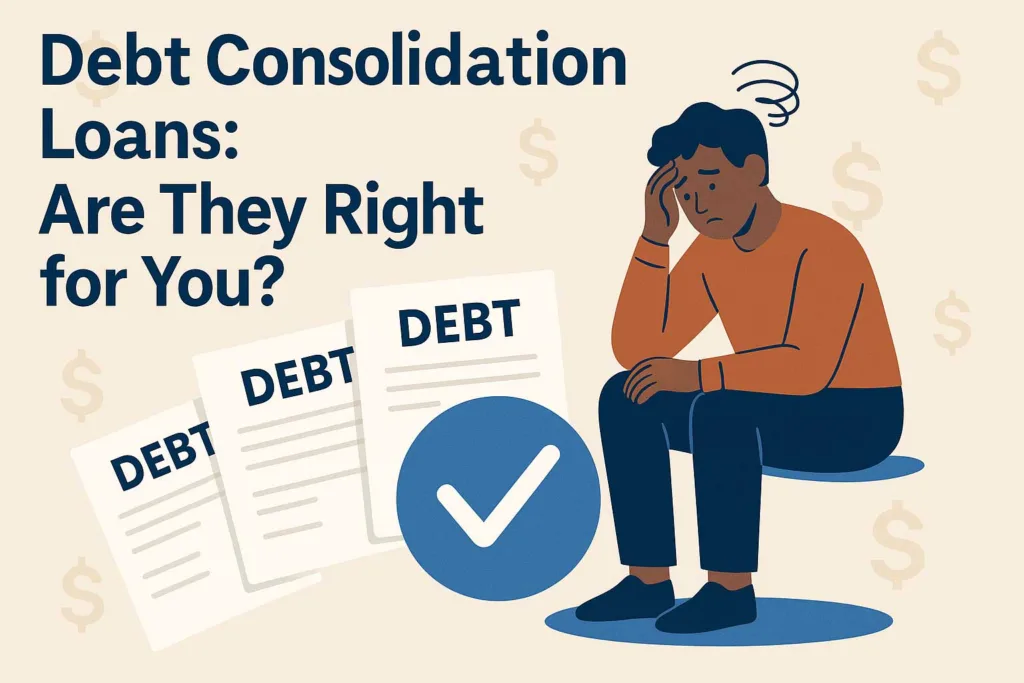
What Is a Debt Consolidation Loan?
Simply put, a debt consolidation loan combines several debts—like credit card balances, payday loans, or personal loans—into one single monthly payment. Rather than juggling multiple due dates and interest rates, you pay one loan at a fixed rate. This not only simplifies your budget, but it can also save money if your new interest rate is lower.
How Do Debt Consolidation Loans Work?
To illustrate, imagine you have three credit cards, all with high-interest rates. Instead of continuing to pay each separately, you apply for a debt consolidation loan. Once approved, you use the new loan to pay off the cards. Now, you only owe money to one lender.
However, just because the process sounds easy doesn’t mean it’s always the best choice. Let’s dive into the benefits and downsides.
Pros of Debt Consolidation Loans
1. Lower Interest Rates
If your credit score has improved since you first borrowed, you may qualify for a lower rate. As a result, you could save a significant amount over time.
2. Single Monthly Payment
Rather than tracking multiple due dates, you only make one payment. This simplifies your finances and reduces the risk of missing a payment.
3. Improved Credit Score
When used wisely, consolidating debt can improve your credit utilization ratio, especially if you don’t add new charges to your credit cards.
4. Fixed Repayment Term
Unlike credit cards, most consolidation loans have a clear repayment timeline. Therefore, you’ll know exactly when you’ll be debt-free.
Cons of Debt Consolidation Loans
1. Requires Good Credit
While it’s true that many lenders offer debt consolidation loans, the best rates usually go to borrowers with strong credit. If your credit score is low, you might face high interest again.
2. Potential Fees
Some lenders charge origination fees or early repayment penalties. So, always check the loan terms carefully.
3. Doesn’t Solve Spending Habits
Although a consolidation loan simplifies debt, it doesn’t fix poor financial habits. Without better budgeting, you could fall back into debt.
When Is Debt Consolidation a Good Idea?
Debt consolidation loans are usually best if:
- You have multiple high-interest debts
- Your credit score qualifies you for a lower rate
- You want a clear repayment plan
- You are committed to avoiding new debt
However, if you are still struggling to manage basic expenses, exploring credit counseling or a debt management plan may be a better option.
Trusted Lenders for Debt Consolidation Loans
| Lender | APR Range | Loan Amount | Highlights |
|---|---|---|---|
| SoFi | 8.99% – 25.81% | $5,000 – $100,000 | No fees, soft credit check |
| Upstart | 6.40% – 35.99% | $1,000 – $50,000 | Accepts fair credit borrowers |
| LightStream | 7.49% – 25.49% | $5,000 – $100,000 | No fees, rate beat program |
| Discover Personal Loans | 7.99% – 24.99% | $2,500 – $40,000 | Direct creditor payoff option |
Rates are as of 2025 and may change.
Alternatives to Debt Consolidation
If a loan isn’t the right fit, consider the following:
- Balance Transfer Credit Card – Ideal for short-term debt, some cards offer 0% APR for the first 12–18 months.
- Debt Management Plan – A nonprofit credit counselor can help negotiate lower rates and create a payment plan.
- Home Equity Loan or HELOC – Useful for larger debts, though your home is used as collateral.
Final Thoughts
In conclusion, a debt consolidation loan can be a powerful tool if used responsibly. It streamlines payments, may lower interest, and offers a clear path out of debt. But it’s not a one-size-fits-all solution. Carefully weigh the pros and cons before moving forward.
✅ Download Debt Consolidation Checklist
Click here to download your free checklist and stay on track!
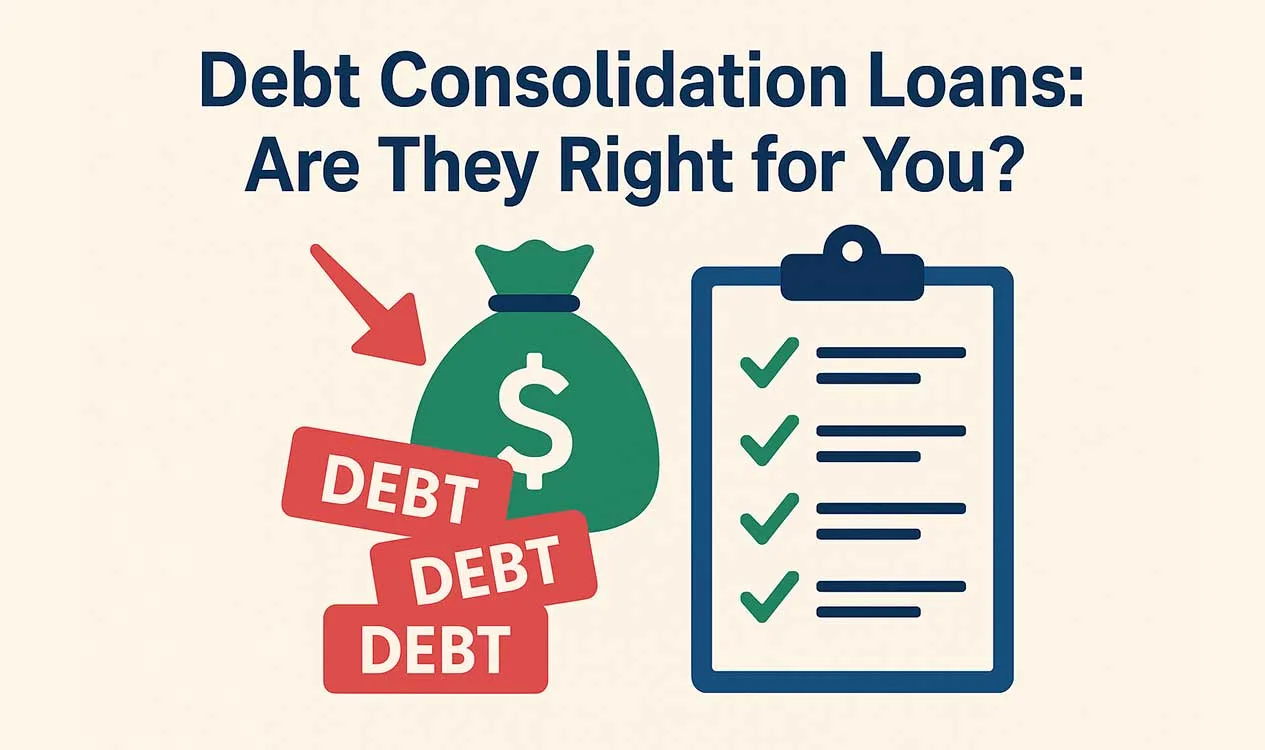
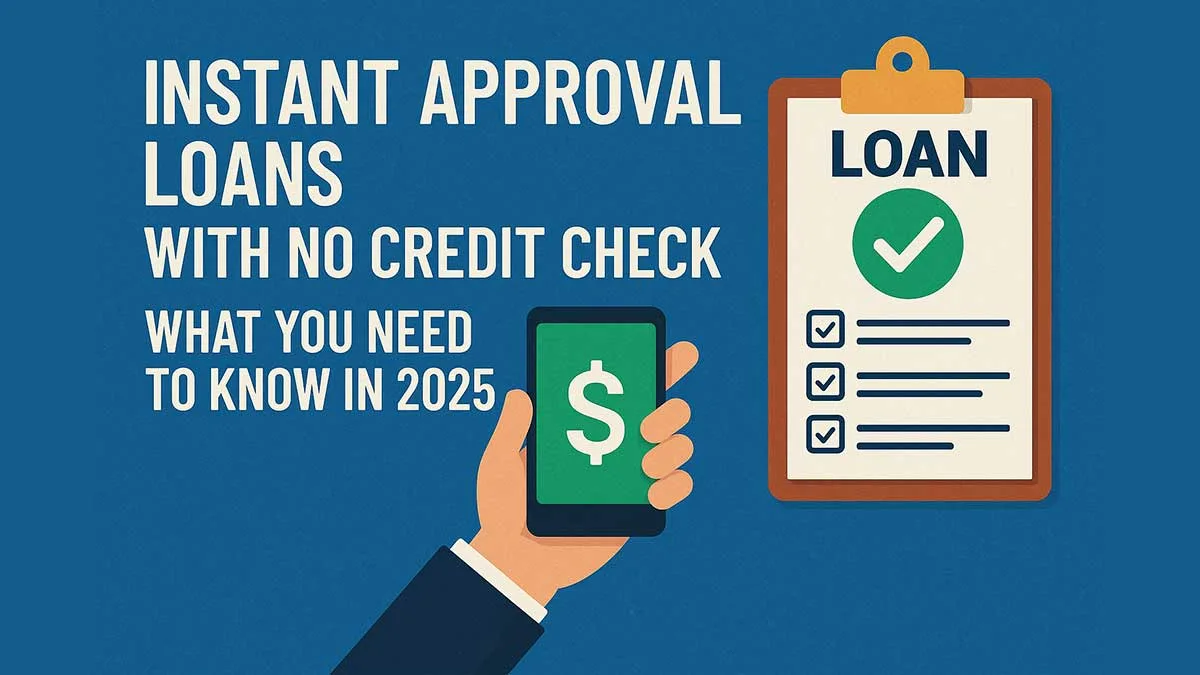
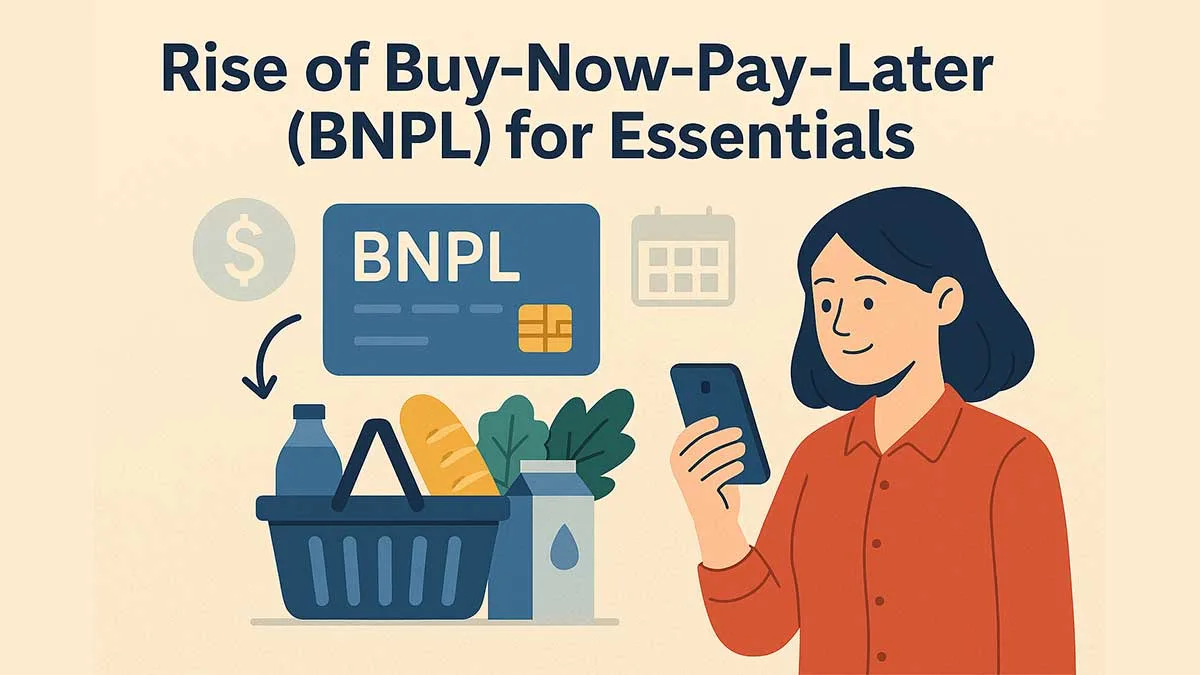
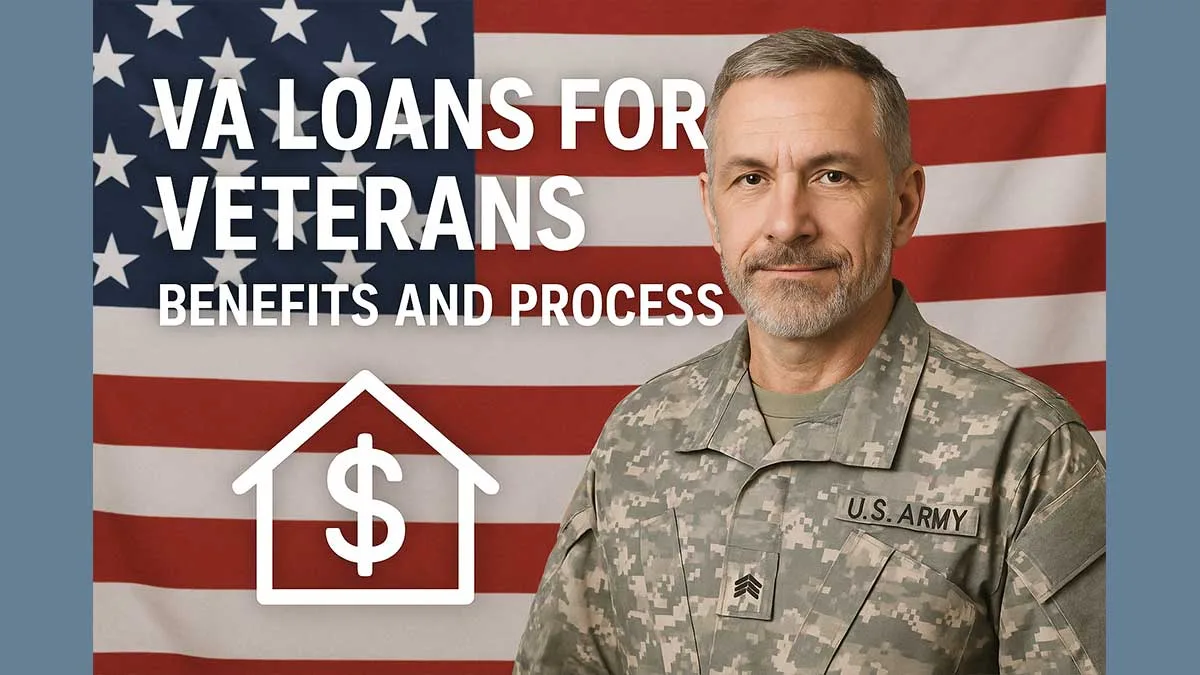
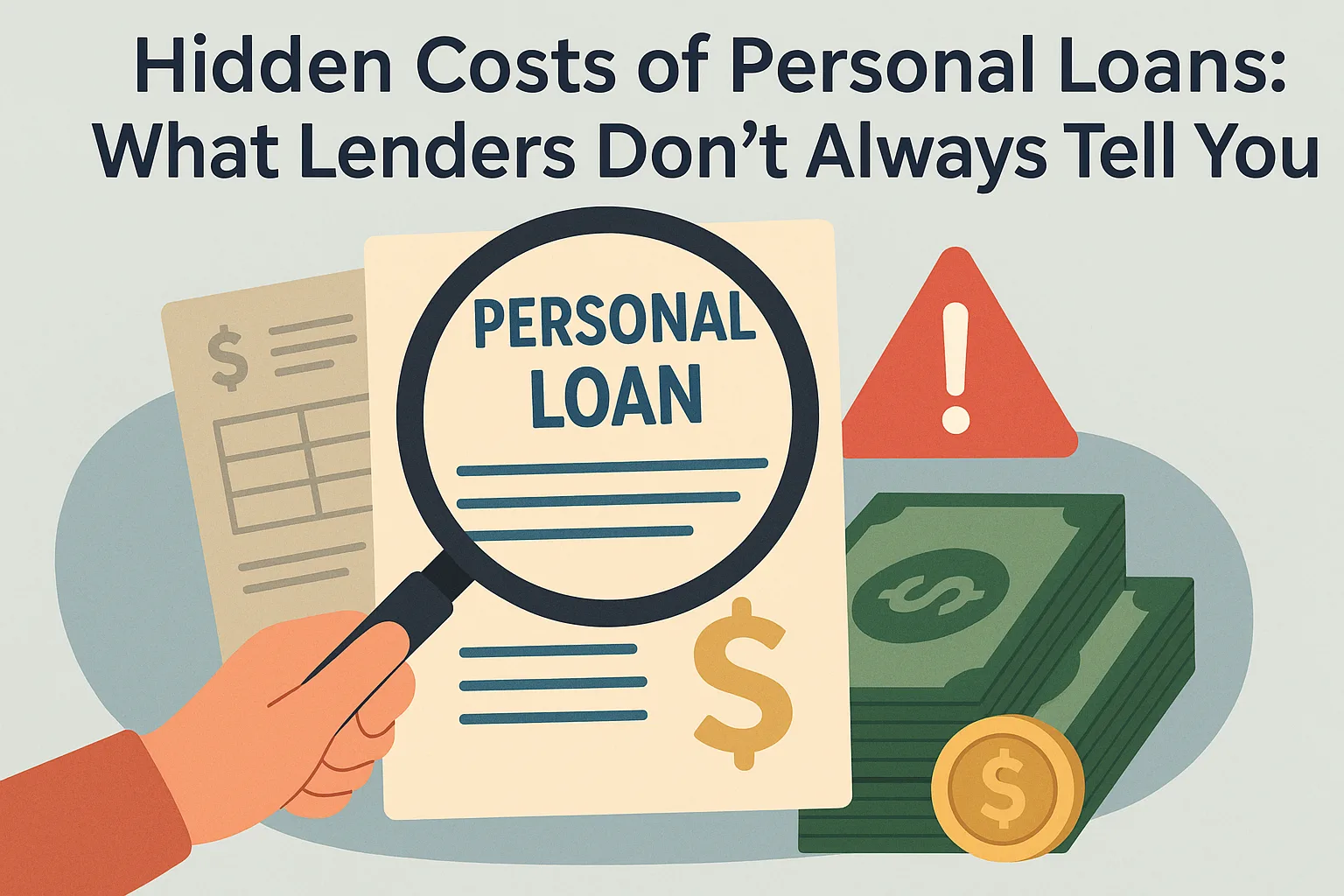
Leave a Reply